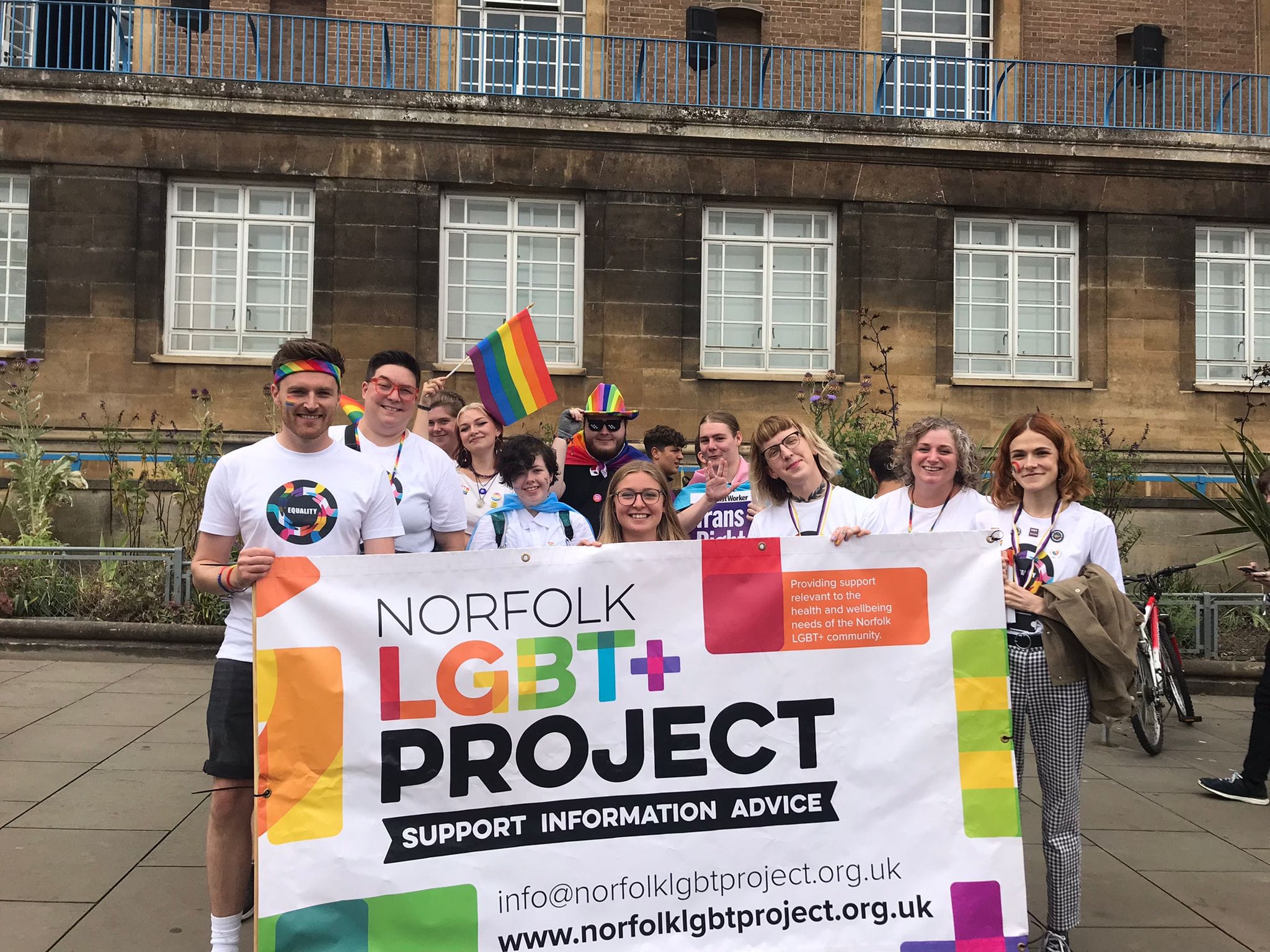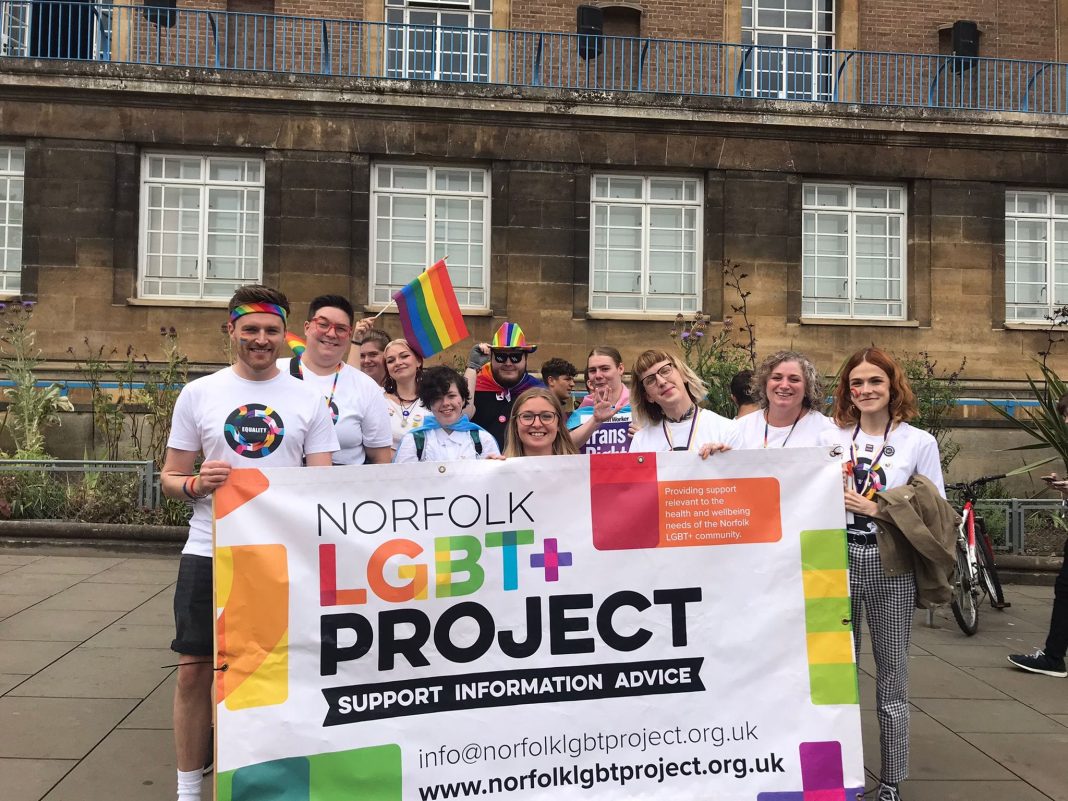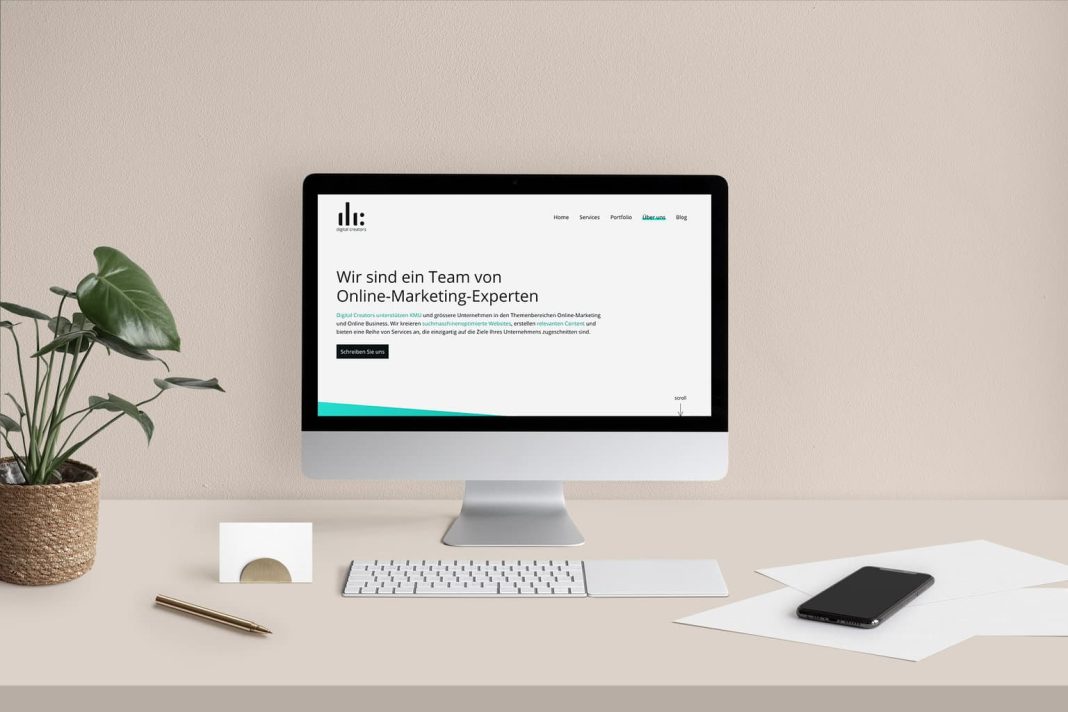 As Pride month comes to a close, it is evident that the corporate world has taken a more cautious approach this year. In previous years, June was marked by a wave of rainbow-themed merchandise, affirming ads, and social media posts from retailers and consumer brands to coincide with the celebrations of the LGBTQ+ community. However, as the presidential election approaches, some companies have grown quieter about their diversity, equity, and inclusion efforts to avoid getting caught in the culture wars or facing blowback from conservative customers.
As Pride month comes to a close, it is evident that the corporate world has taken a more cautious approach this year. In previous years, June was marked by a wave of rainbow-themed merchandise, affirming ads, and social media posts from retailers and consumer brands to coincide with the celebrations of the LGBTQ+ community. However, as the presidential election approaches, some companies have grown quieter about their diversity, equity, and inclusion efforts to avoid getting caught in the culture wars or facing blowback from conservative customers.
One notable example of this shift is Tractor Supply, a retailer that operates in rural parts of the country. The company recently announced that it is ending all spending tied to diversity and environmental causes, including no longer sponsoring Pride festivals. While this move may be an outlier in its magnitude, it reflects the caution that some companies are exercising when it comes to inclusion commitments.
It is challenging to quantify exactly how many companies have shared supportive messages, donated to LGBTQ+ causes, or sold rainbow-themed merchandise this year compared to previous years. However, according to Gravity Research, 45% of Fortune 100 companies had at least one social media post explicitly related to Pride on platforms like LinkedIn or X as of June 21st this year. This is slightly lower than the 51% recorded last June. Gravity Research President Luke Hartig suggests that the volatility of the presidential election and the candidates’ willingness to call out companies by name have made them less likely to publicly express their stance.
Tim Bennett, cofounder of Tribury Productions, a marketing company specializing in reaching LGBTQ+ Americans, has noticed a shift in his clients’ approach as well. More of them have taken a “wait-and-see” approach to marketing to LGBTQ+ consumers or have decided to distribute their efforts throughout the year instead of focusing on a single month like June. Bennett believes that this change in strategy for Pride month is a departure from previous years.
Despite this shift in approach, there are positive developments in the corporate world when it comes to LGBTQ+ initiatives and charities. Sarah Kate Ellis, CEO of nonprofit advocacy group GLAAD, notes that she has seen more companies getting involved with year-round philanthropy and activism in more meaningful ways. A survey conducted by Gravity Research found that 78% of companies did not plan to change their Pride strategy this year, indicating that many companies remain committed to supporting the LGBTQ+ community. Ellis emphasizes that while the visibility of companies showing support during Pride month is important, it is equally crucial for these companies to have internal policies and HR practices that align with their outward marketing.
Major companies are still making financial contributions to LGBTQ+ causes. GLAAD spokesperson mentioned that the group has not seen a decline in donations or corporate support this Pride month, although the total amount has not been calculated yet. The recent opening of the Stonewall National Monument Visitor Center, which commemorates the New York City bar that played a significant role in the LGBTQ+ rights movement, received major backing from the business community. Companies such as Google, Amazon, JPMorgan Chase, and Booking.com showed their support for the event.
The caution exercised by companies this year may be attributed to previous incidents involving Target and Bud Light. Target, which has carried a Pride collection for over a decade, faced backlash last year and even had to remove some items and displays due to threats against employees. Bud Light also faced a boycott after sending personalized cans of its beer to a transgender influencer. As a result, some consumer staples brands have been more likely to shift their Pride month strategy this year. Target, for instance, limited its Pride merchandise to select stores based on previous sales data and stopped selling Pride apparel for kids. However, negative feedback has reportedly been significantly lower this year compared to last.
Anheuser-Busch InBev, the parent company of Bud Light, distanced itself from the controversy and refocused its marketing efforts on events like sports games and concerts. The boycott against Bud Light had a lasting impact due to various factors, including extensive coverage by right-wing news outlets like Fox News and increased shelf space given to rival beer brands. However, recent data suggests that Bud Light’s sales have recovered to some extent, with a decrease of only about 10% in volume.
While some companies have become more cautious about promoting diversity efforts, others have doubled down on their inclusion initiatives. E.l.f. Beauty, a publicly traded company, launched a provocative advertising campaign called “So Many Dicks” in mid-May. The campaign highlighted the underrepresentation of certain groups by comparing them to the number of men named Dick. E.l.f. Beauty’s CEO, Tarang Amin, believes that customers, particularly Generation Z shoppers, expect brands to stand up for causes they support. The company’s diverse board and inclusive messaging have also positively impacted its stock performance.
Other companies, such as Skittles and Macy’s, have continued their Pride initiatives this year. Skittles sold a limited-edition Pride pack of its rainbow-colored candies, with proceeds going to GLAAD. Macy’s highlighted LGBTQ+-owned, founded, and designed brands on its websites and has raised over $6.2 million for the Trevor Project over the past five years.
While there has been some backlash against corporate diversity, equity, and inclusion efforts, it has not gained significant traction. The number of shareholder proposals opposing environmental, social, and governance (ESG) initiatives has increased, but voter support for these proposals has declined each year.
In conclusion, the cautious approach taken by some companies during Pride month this year reflects the political climate surrounding the upcoming presidential election and the desire to avoid controversy or backlash from conservative customers. However, many companies remain committed to supporting the LGBTQ+ community through year-round philanthropy and activism. The incidents involving Target and Bud Light last year have influenced some consumer staples brands to adjust their Pride month strategies. Nevertheless, companies like E.l.f. Beauty continue to prioritize diversity and inclusion, understanding that their values are important to their customers. The overall trend indicates a continued effort by corporations to support the LGBTQ+ community, despite the challenges they may face.


